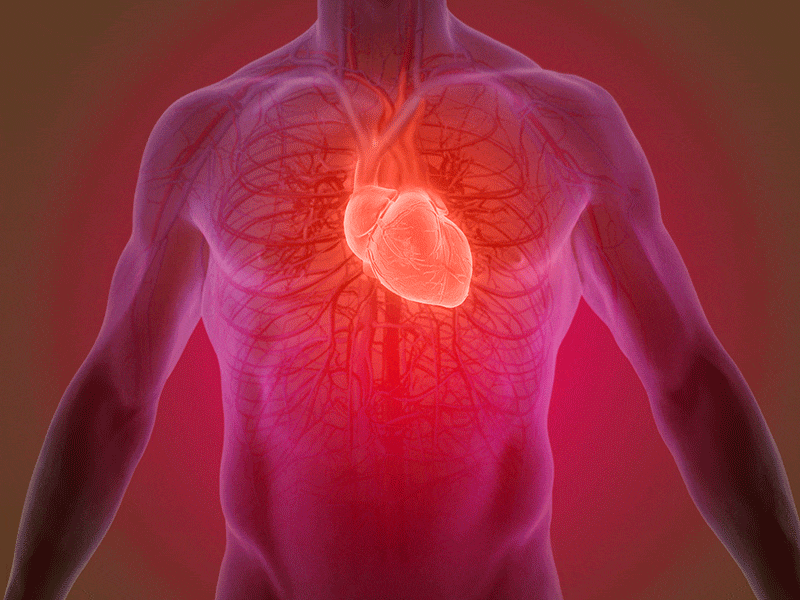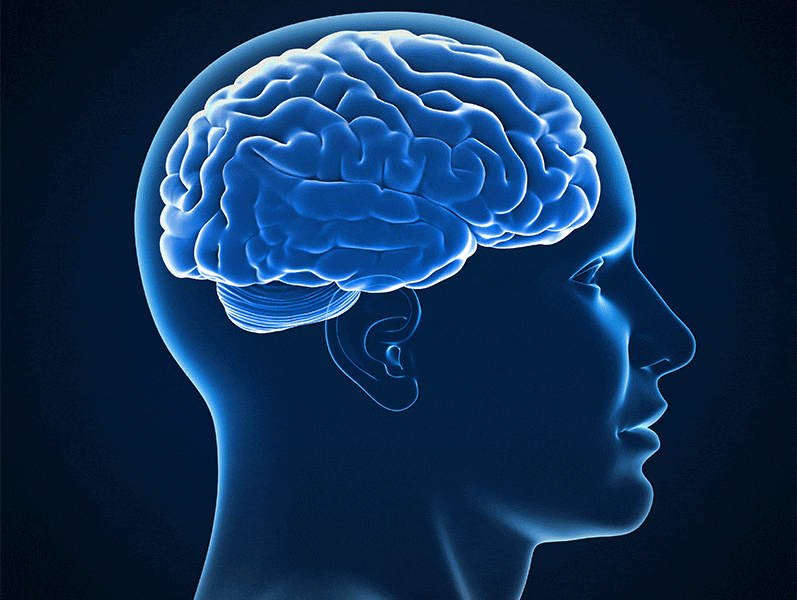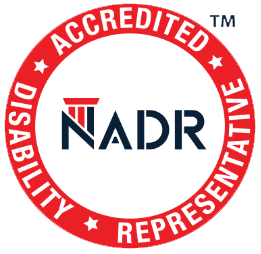What Medical Conditions Apply to Disability Benefits?
A commonly asked question about disability benefits is, “What medical conditions qualify for disability?” It’s not as easy as making a list. The Social Security Administration (SSA) determines disability based on an individual’s inability to work. Therefore, any medical conditions that may affect the ability to work, could qualify. It is important to understand that it is not the mere diagnosis of a medical condition that may qualify you for disability benefits; it is how the medical condition(s) affects your ability to work. Below are just some of the medical conditions that are recognized by the SSA.
Musculoskeletal Disorders
Musculoskeletal impairments include any conditions that affect the bones, muscles, tendons and/or ligaments. These conditions often cause recurring pain and stiffness. This may affect a person’s mobility resulting in an ability to perform work activities. Some examples are:
- Carpal Tunnel Syndrome
- Degenerative Disc Disease
- Back Pain
- Fibromyalgia
- Arthritis
These are just a handful, there are more diagnosis’ that fall under MSDs. The severity of MSDs vary. It can cause recurring pain, aches, and stiffness.
Cardiovascular System

Approximately 78 million U.S. adults have high blood pressure, and an estimated 20 million have diabetes. Source: John Hopkins
Cardiovascular disease is another category of impairments recognized by the Social Security Administration. According to the SSA, a cardiovascular impairment is any disorder that affects the proper functioning of the heart or the circulatory system. The most common types are coronary artery disease, high blood pressure, cardiac arrest, congestive heart failure, and arrhythmia. Again, this isn’t the entire list. All of these affect the heart’s function. Some signs include chest pain, shortness of breath, and irregular heartbeat.
Mental Disorders
Disability benefits are not limited to just physical conditions. Individuals with mental disorders can also qualify. For example, based on the severity of the condition, people who are suffering from depression, anxiety, PTSD, bipolar disorder, schizophrenia and other diseases may be eligible. You will need to provide evidence for SSA to assess the severity of your mental disorder, and its effects on your ability to work.
Neurological Disorders

You might think neurological is just the brain. Actually, it includes diseases of the spine and nerves that connect them.
Individuals with neurological or central nervous system disorders may be eligible for disability benefits. These include:
- Epilepsy
- Chronic Migraines
- Narcolepsy
- Seizure Disorder
- Stroke
- Traumatic Brain Injury
Remember, that with this or any other disorder, medical evidence is important. This means making sure you are seeing your doctor and having them record any issues, symptoms or restrictions you are experiencing.
There Are More
These are just a few of the conditions that may keep someone from being able to work. Other disabling conditions may involve the digestive system, respiratory system, autoimmune diseases and many others. For more impairments, see the listing of impairments from the SSA. If you don’t see your condition, don’t be discouraged. It doesn’t mean you are ineligible to receive benefits. Benefits are dependent on the medical diagnosis, as well as the severity of the condition.
It is important to talk to a medical professional if you are experiencing any symptoms or medical conditions listed above. If you have questions about the application process, we can help. Disability Support Services is here to provide you with the necessary help through the disability benefits process. So, if you are unsure where to start, fill out our form or call one of our advocates (410-244-0006) to begin the process.



